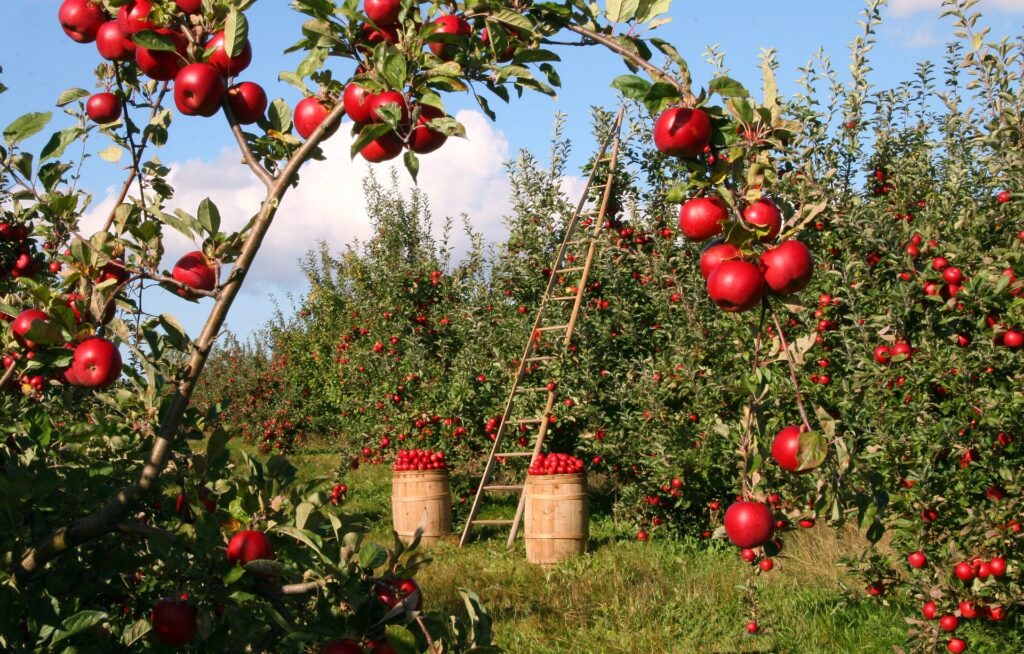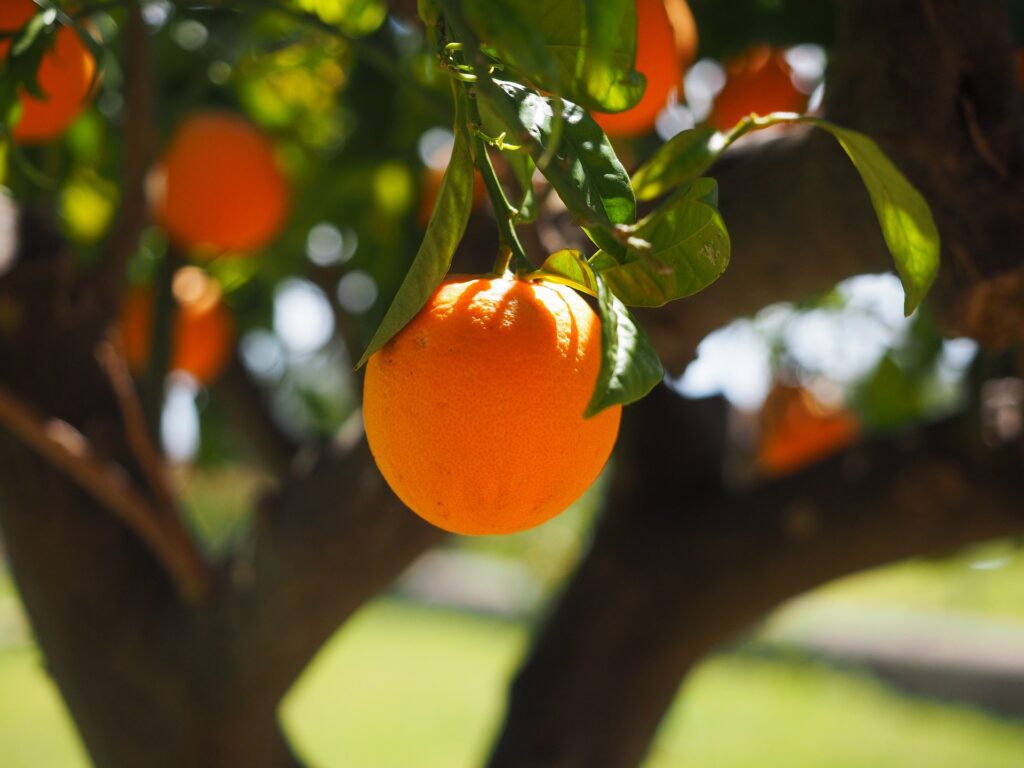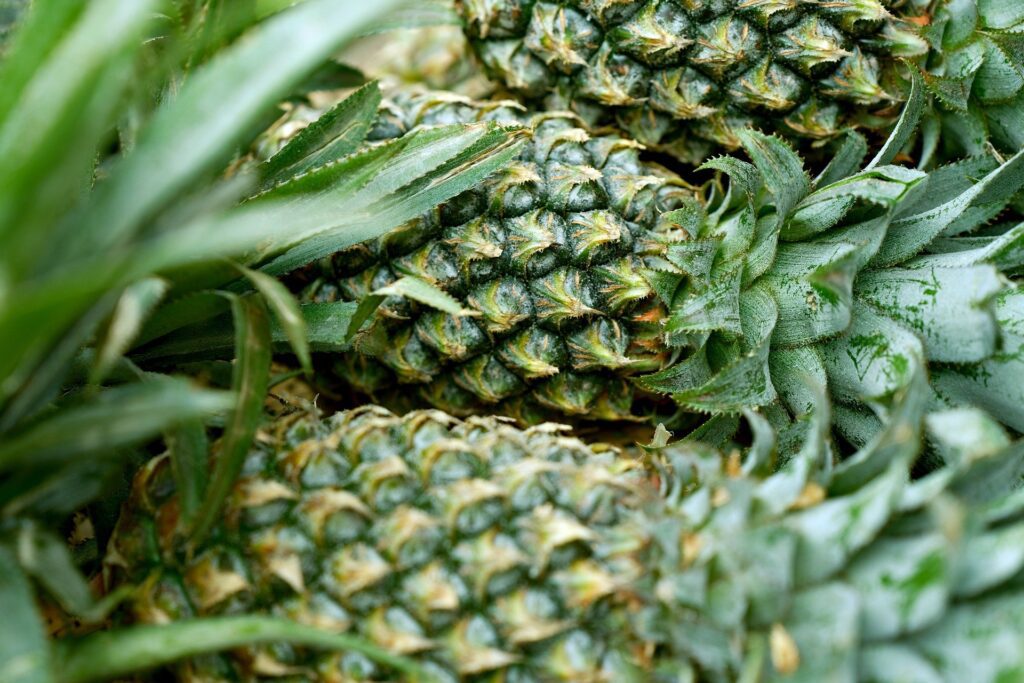Table of Contents
1. Introduction
organic fruit farming In today’s fast-paced world, where sustainability and health are growing concerns, organic fruit farming has emerged as a beacon of hope. This agricultural practice not only fosters environmental balance but also offers a unique pathway to personal fulfillment and professional growth. Whether you are an aspiring entrepreneur or someone seeking a healthier lifestyle, organic fruit farming holds the potential to transform lives. In this blog, we delve into how organic fruit farming can be a cornerstone of personal and professional success.organic fruit farming

2. Understanding Organic Farming
Organic fruit farming is more than just a trend; it is a disciplined approach to cultivating fruits without the use of synthetic fertilizers, pesticides, or genetically modified organisms (GMOs). At its core, this practice emphasizes:
- Natural Fertilizers: Using compost, manure, and bio-fertilizers to enrich soil fertility.
- Crop Rotation: A strategy to maintain soil health and prevent pests.
- Biological Pest Control: Leveraging natural predators and organic solutions to manage pests.
The principles of organic fruit farming prioritize harmony with nature, ensuring that the soil, plants, and ecosystem thrive together. This method not only produces healthier and more nutritious fruits but also minimizes the environmental footprint of agriculture.organic fruit farming
3. Personal Benefits of Fruit Farming
Organic fruit farming offers a range of personal benefits that enrich the farmer’s life in numerous ways:
- Physical Health: Consuming organically grown fruits reduces exposure to harmful chemicals, leading to better overall health. Farmers working with organic methods also experience fewer health risks compared to those handling synthetic chemicals.
- Mental Health: Working closely with nature can be therapeutic. The act of tending to plants, observing their growth, and enjoying the fruits of one’s labor fosters a sense of accomplishment and reduces stress.
- Skill Development: Organic farming hones essential skills such as planning, problem-solving, and resource management. These skills are transferable to other aspects of life and work.
- Lifestyle Enhancement: Organic farming encourages a simpler, more sustainable lifestyle. By growing their own food, individuals gain a deeper appreciation for nature and healthy living.
4. Professional Advantages of Fruit Farming
Beyond personal growth, organic fruit farming opens doors to lucrative and meaningful career opportunities:
- Lucrative Business Opportunity: The demand for organic produce has seen exponential growth in recent years. Consumers are willing to pay a premium for fruits grown without harmful chemicals, making organic farming a profitable venture.
- Entrepreneurial Growth: Organic fruit farming allows individuals to create unique brands that stand out in the market. From selling directly to consumers to supplying high-end stores, the possibilities are vast.
- Sustainability as a USP: Businesses embracing sustainability are increasingly valued by consumers. Organic fruit farming positions entrepreneurs as leaders in eco-friendly practices, gaining recognition and trust.
- Employment Creation: Organic farming initiatives generate employment opportunities, especially in rural areas, thereby contributing to local economic development.


5. Steps to Start Fruit Farming
Starting an organic fruit farm requires careful planning and execution. Here are the key steps:
- Choosing the Right Location and Soil: Select a location with suitable climatic conditions and fertile soil. Conduct soil tests to ensure it meets the requirements for organic farming.
- Selecting Suitable Fruit Varieties: Research and choose fruit varieties that are well-suited to your region’s climate and market demand.
- Sourcing Organic Inputs: Invest in organic fertilizers, pest control methods, and high-quality seeds or saplings.
- Certification Process: Obtain organic certification from a recognized body to assure customers of the authenticity of your produce.
- Building a Market Strategy: Develop a marketing plan that includes selling through farmers’ markets, organic stores, or online platforms. Branding and packaging also play a significant role in attracting customers.
6. Challenges in Organic Fruit Farming
While organic fruit farming offers immense benefits, it is not without challenges:
- Initial Investment: Transitioning to organic farming involves upfront costs, including certification fees and organic inputs.
- Certification Complexities: The process of obtaining and maintaining organic certification can be time-consuming and bureaucratic.
- Pest and Disease Management: Without chemical pesticides, managing pests and diseases requires innovative and labor-intensive methods.
- Market Competition: While demand for organic produce is growing, competition from conventional farming and other organic producers can be tough.
Addressing these challenges requires perseverance, innovation, and a commitment to the principles of organic farming.


7. Success Stories in Organic Fruit Farming
Many individuals and businesses have transformed their lives through organic fruit farming. For instance:
- Case Study 1: A small farmer in India turned his barren land into a thriving organic orchard, gaining recognition and financial stability.
- Case Study 2: A startup in California leveraged organic fruit farming to create a successful e-commerce platform, selling directly to health-conscious consumers.
These stories serve as inspiration, proving that with the right mindset and strategies, organic farming can be a game-changer.
8. Tips for Aspiring Organic Farmers
For those considering a foray into organic fruit farming, the following tips can be invaluable:
- Start Small: Begin with a manageable scale to learn the ropes before expanding operations.
- Focus on Quality: Prioritize the quality of your produce to build trust and loyalty among customers.
- Leverage Technology: Use technology to streamline farming processes, monitor crop health, and reach customers.
- Collaborate: Partner with other farmers or cooperatives to share knowledge and resources.


9. Future of Organic Fruit Farming
The future of organic fruit farming looks promising, with several trends shaping the industry:
- Farm-to-Table Movement: Consumers increasingly prefer fresh, locally sourced produce, creating opportunities for organic farmers.
- Technological Innovations: Tools such as drones, sensors, and data analytics are enhancing the efficiency and sustainability of organic farming.
- Government Support: Many governments are offering subsidies and incentives to promote organic agriculture.
- Export Potential: As global demand for organic fruits grows, farmers have opportunities to export their produce, tapping into international markets.
10. Conclusion
Organic fruit farming is more than just an agricultural practice; it is a transformative journey that impacts both individuals and society. By embracing this path, farmers can achieve personal satisfaction, contribute to a healthier planet, and build thriving businesses. Whether you’re looking to improve your lifestyle or explore a rewarding career, organic fruit farming offers endless possibilities. Take the leap today, and discover how this sustainable practice can be the key to your personal and professional success.